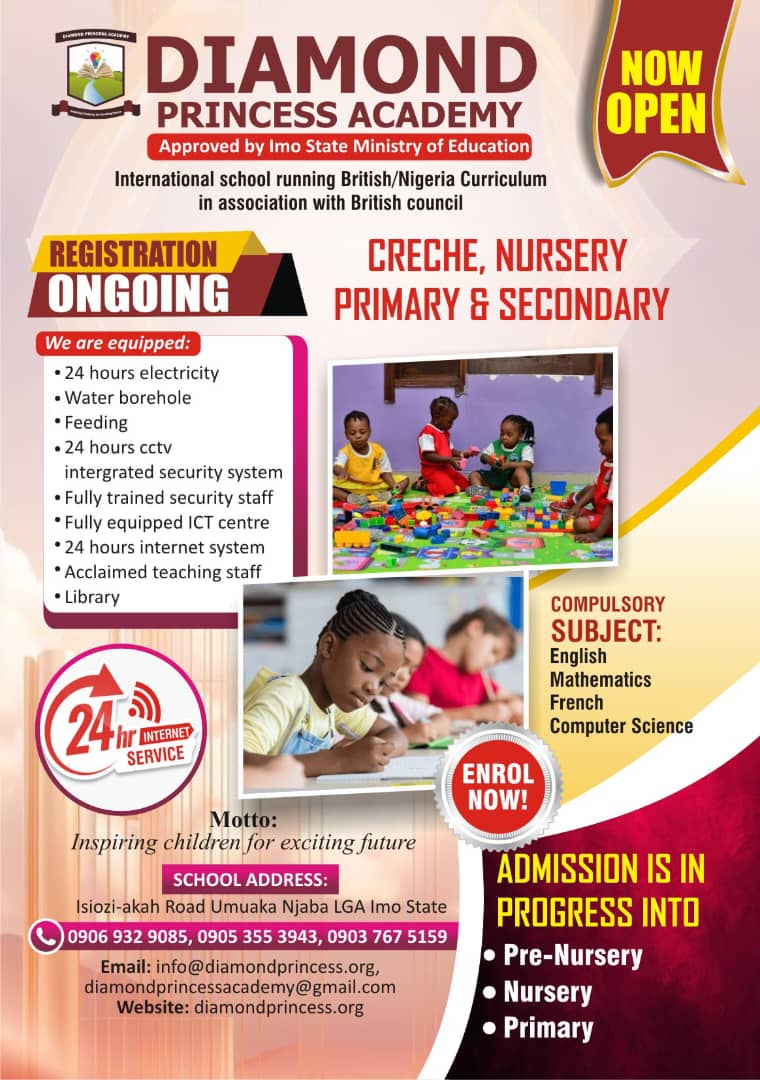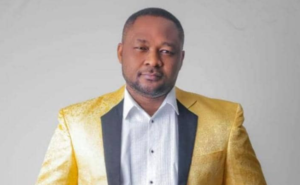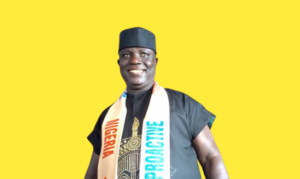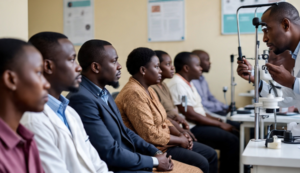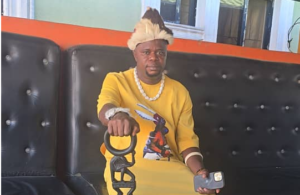Akahland in the 21st Century: Identifying a Sustainable Development Strategy (3).
4 min read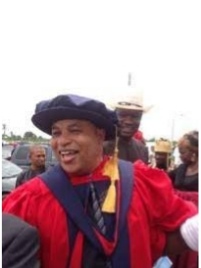
• What must we do to make our people understand that autonomous allows people to operate independently but also creates a mindset of being interdependent to one another?
• Can we learn from the trends in other communities, other races?
• Are there things we have lost/gained since the creations?
• To what extent?
• Can we collectively put up more assets for the betterment of all in our generation?
• How can we achieve that in the face of so much talked about division?
• Are there roles AVA are playing and can play in order to achieve this dream?
• What responsibility does each of us have in this new wind of change?
• How do we look forward to a better tomorrow?
• What are the necessary things we should do going forward to achieve our aspirations?
• Are there hopes of our ever working together again as a people?
• What are the challenges of our people living abroad?
• Short term, medium term and long term?
• How do we make our people back home understand and appreciate these challenges?
• How do we balance their expectations with realities on ground?
• Are our people in diaspora concerned of happenings at home?
• To what extent?
• Why? How do we get them interested if they are not?
• Are they hoping at a certain time of their sojourn to come back and live at home, Nigeria?
• How do they arouse the interest of their children born and raised abroad to develop interest at home?
• Are there roles home people have to play in order to achieve this dream?
• Are there ways those in diaspora can better the infrastructures at home?
• What kind of infrastructures are we talking about?
• Can we take trends from other communities in diaspora?
• Is it possible for all our people in diaspora to have a common body to collectively achieve these aspirations?
• AVA: Who are they?
• What have they been able to achieve since inception?
• Why the so much concentration on scholarship and educational publications such as the Akah Vanguard Digest?
• What are the challenges?
• What is the state of the initiatives now?
• How many people have benefitted from the scholarships?
• From which communities/ villages?
• Is it properly managed? If yes, are there rooms for further improvements?
• Are there fresh problems arising since the creation of autonomous communities?
• Isn`t it ideal for our well meaning Akah sons and daughters to immortalise their names by investing in AVA`s life-changing schemes and or sponsoring the production of Akah Vanguard digest?
• Are there AVA members/non members who have invested heavily in these initiatives?
• Who are they?
• What were the dreams of our forefathers when they built the community hospital?
• Short term, medium term and long term?
• What is the state of the community hospital now?
• Is it properly managed? If not, why?
• Are there fresh problems arising since the creation of the autonomous communities?
• Can the community hospital ever be put to its optimal working condition again?
• How?
• Is sharing the funds realized in the hospital among the autonomous communities more important than putting them into workable state in order to serve its purpose for our people?
• What are the best options open to us to realize the people`s aspiration of seeing the hospital work again?
• How do we realise those options?
• What kind of problems are we likely to face?
• How do we mitigate them? To what extent?
• What roles are expected of our leaders, traditional and community in supporting our vision for the hospital?
• Are there roles AVA are playing and can play in order to achieve this dream?
• What are the necessary things we should do going forward to achieve our aspirations?
• Summary, workable recommendations etc, etc.
Summary & Conclusions:
Is this onerous responsibility of providing collective road map for our people going to be easy? No it will not. Will it even be easy to sell the vision coming out of this convention to our people? No it won`t. Is it going to be easy to raise the necessary funds needed to give life to and execute our visions? No, it won`t. But are we going to succeed if we become more hungrier for its success? Yes, we will.
So I charge you my people to rise up and let`s begin the journey. In the words of Theodore Roosevelt, (1910), “it is not the critic who counts, not the man who points out how the strong man stumbled, or where the doer of deeds could have done better. The credit belongs to the man who is actually in the arena, whose face is marred by dust and sweat and blood, who strives valiantly, who errs and comes short again and again, who knows the great enthusiasms, the great devotions, and spends himself in a worthy cause, who at best knows achievement and who at the worst if he fails at least fails while daring greatly so that his place shall never be with those cold and timid souls who know neither victory nor defeat.”
As you are already aware, the greatest threat to the survival of the average person, average community, a people, a race, etc is the future. But the challenge for me and you lie on our ability to know where to go and what to do today to make tomorrow better. However, this convention has provided us the opportunity to tell ourselves the truth. It is obvious that no number of armies can stop an idea whose time has come. Let`s therefore refuse to compromise with the present situation of things at home. Let`s change our mindset! Let`s have a little paradigm shift! And behold, a great future awaits all of us. Yes, it does!
I wish us fruitful deliberations.
Concluded.
Dr Austin Agbahiwe holds a PhD in finance.
